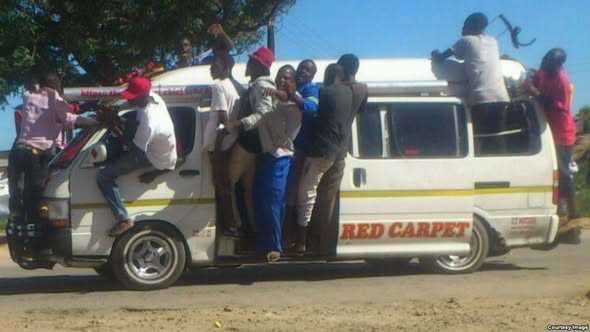
In Zimbabwe, the nation’s most honest literature doesn’t live in bookstores. It speeds past you in traffic, plastered on the backs of commuter omnibuses. Each kombi is a gospel according to survival — a fast-moving anthology of hope, fear, and borrowed faith. We call it Transit Literature. The genre has no editors, only spray painters and dreamers.
Every day, the faithful board the 18-seater pulpit to destinations both real and metaphorical. The engines roar to life and so does the theology: “Anosvika Asvika” — he who arrives, arrives. Philosophical. A whisper to the anxious that, no matter the potholes, God’s timetable cannot be argued with. Ahead, another kombi declares “Aona Muporofita, Aona Mashura.” It is unclear whether this is testimony or warning — but the passengers nod solemnly. Every Zimbabwean knows the double-edged nature of prophets.
On the highway, the wealth gospel zooms past. “Sir Wicknell ” in bold chrome letters, a shrine to instant fortune. Just behind it, “Boss Kuda” — maybe the Tagwirei Edition — overtakes without signalling, powered by equal parts diesel and divine favour. Inside, a sticker on the dashboard reads “Mudzimu haupe kaviri” — opportunity doesn’t knock twice — though in the kombi world, even brakes are optional.
It is a moving museum of aspiration. Some vehicles wear designer dreams: “Dubai Trip Loading,” “Boss Life,” “Hustle Never Sleeps.” Others go the religious route: “Jehova Jireh,” “Anointed Rider,” “Holy Ghost Speed.” Then there are the mysterious hybrids — “Blessed Hustler,” “Spiritual Boss,” “Prayer Warrior Logistics.” A perfect fusion of Pentecostal ambition and economic anxiety.
Inside, the sermons continue. The driver is bishop, conductor is deacon, and the passengers form a reluctant congregation. The kombi is late, overcrowded, and playing Jah Prayzah at painful volume, but the spirit is willing. Someone mutters, “Mwari ngaatisvitsewo,” as the vehicle overtakes on a blind curve. Faith, here, is not theoretical — it’s survival.
Related Stories
From time to time, the driver stops abruptly to pick up one more soul. A passenger complains, and the conductor rebukes him with scripture: “Don’t worry, my brother, God adds daily those who are to be saved.” The kombi lurches forward, now carrying 23 saints and one goat.
Outside, Harare’s rush-hour traffic becomes an ecumenical council of contradictions. “Shamhu yeMuroyi” swerves past “Grace Abounds.” “Mwana weMambo” hoots impatiently at “Patience Pays.” A battered Nissan Caravan called “God’s Time” is being towed by “No Time to Waste.” Theology meets irony at the roundabout.
But this is not merely humour — it is philosophy on the move. Every sticker and slogan is a miniature confession of a nation’s psyche. The poor proclaim wealth, the weary profess faith, and the hopeless advertise hope. We are a people who have turned our anxieties into poetry and glued them to public transport.
In this way, the kombi becomes the national mirror — cracked, noisy, yet unflinchingly honest. It tells the truth about who we are: hustlers who still believe in miracles, sinners who quote scripture between roadblocks, a people perpetually “on the way.”
By the time the kombi screeches to a stop, the passengers disembark not just at a destination, but at the end of a sermon. The driver crosses himself, the conductor pockets his tithes, and the next chapter of Transit Theology begins — written in dust, diesel, and divine irony.
Simbarashe Namusi is a peace, leadership and governance scholar as well as media expert. He writes in his personal capacity.











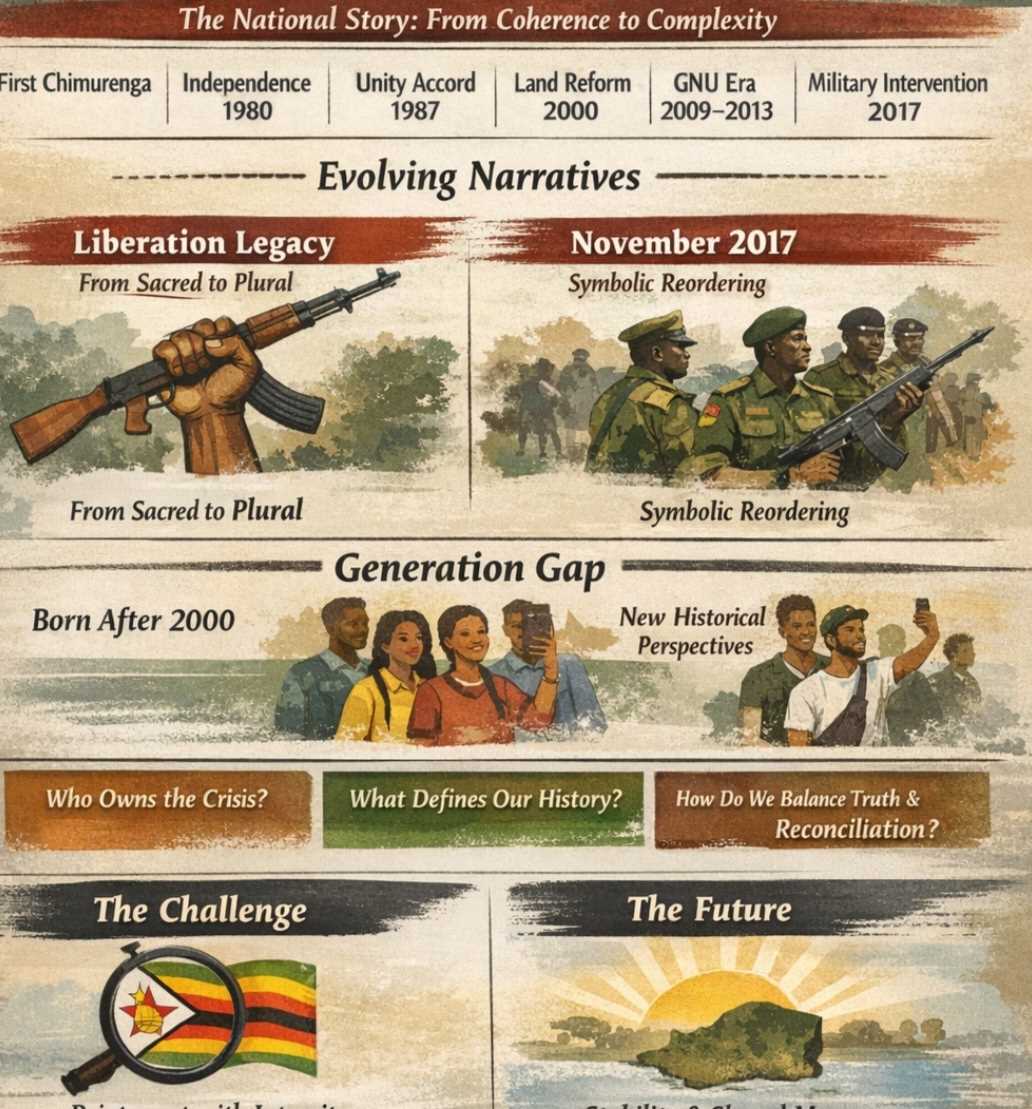

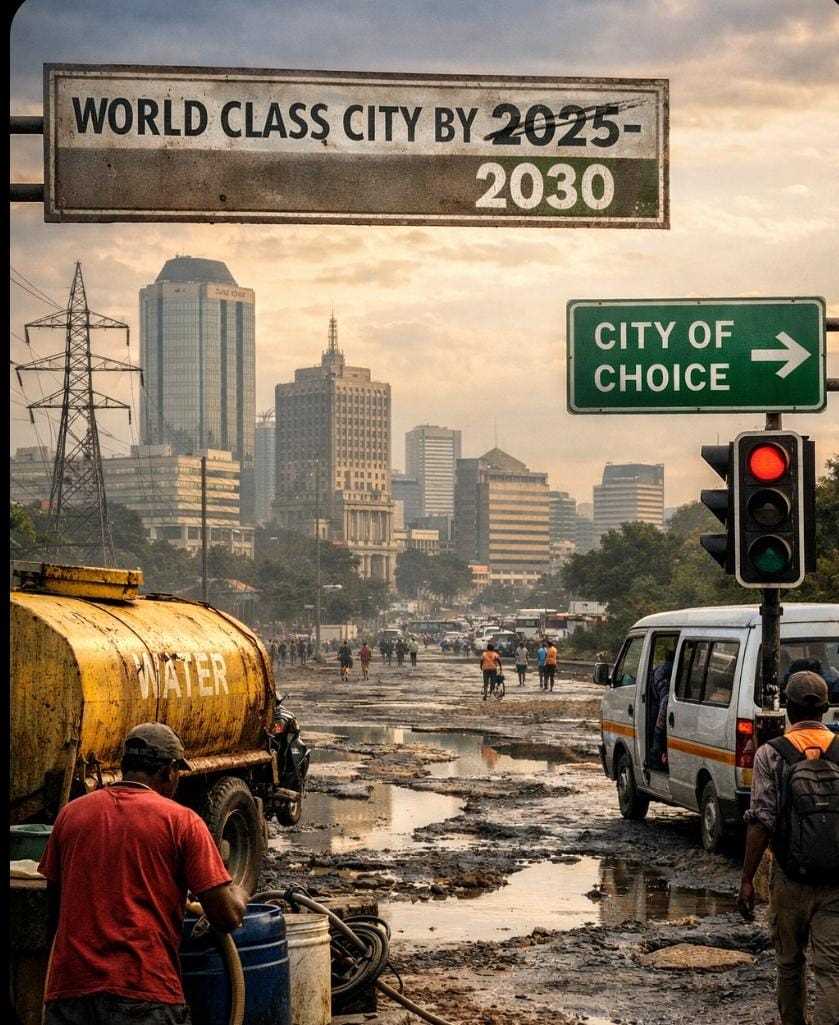


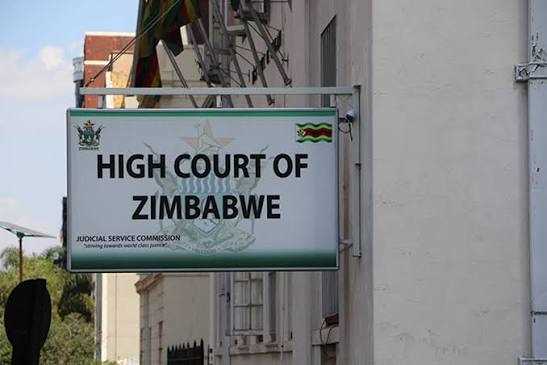
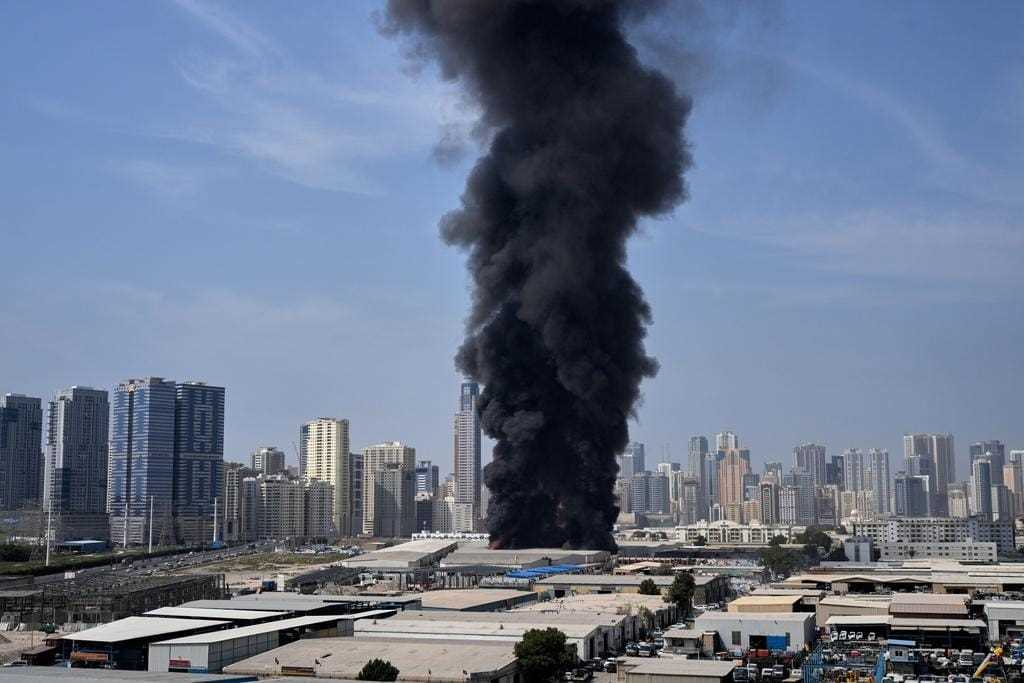
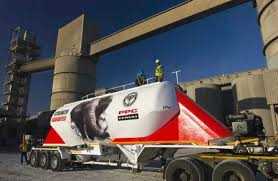


Leave Comments